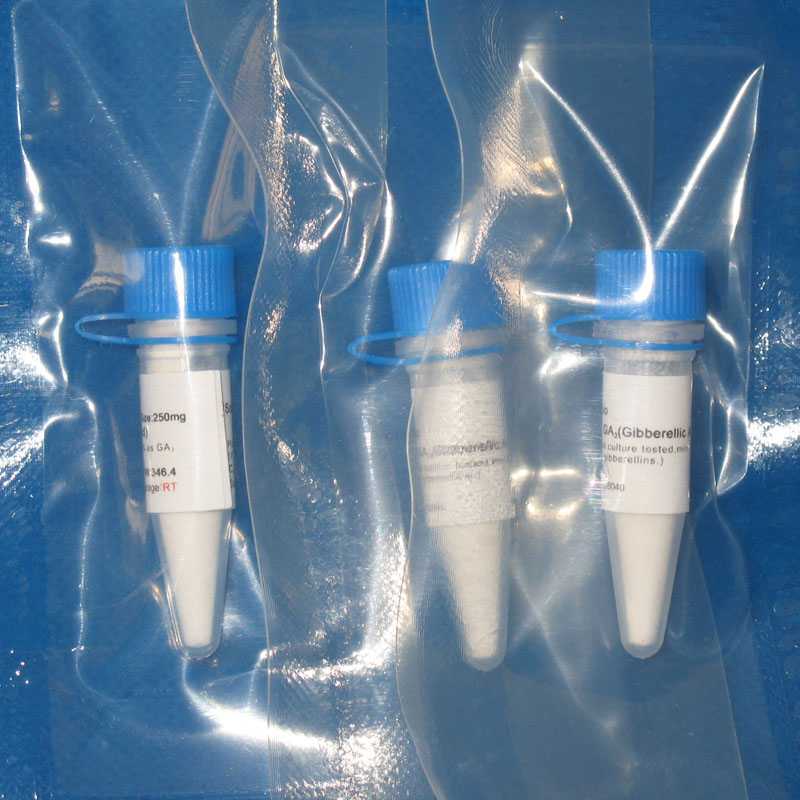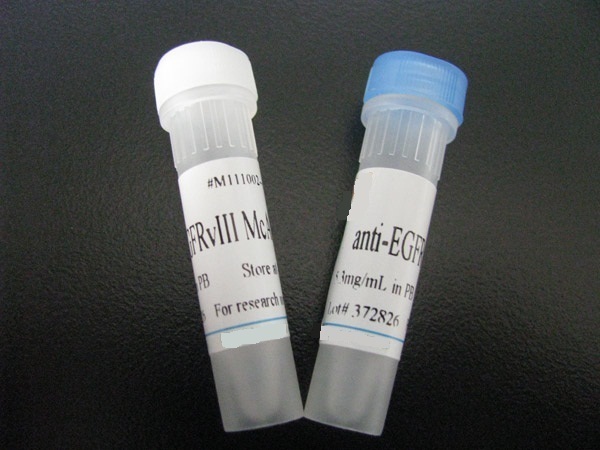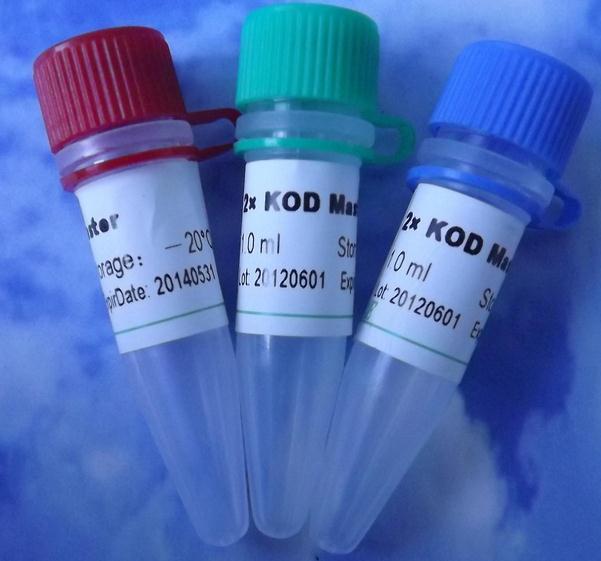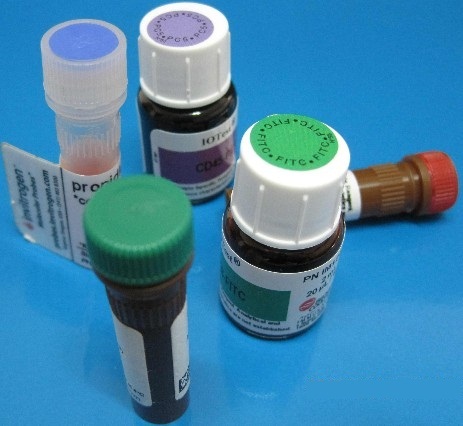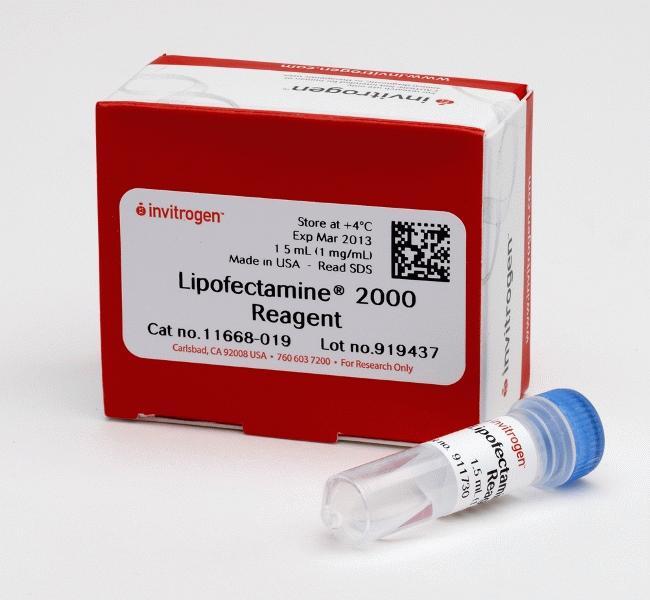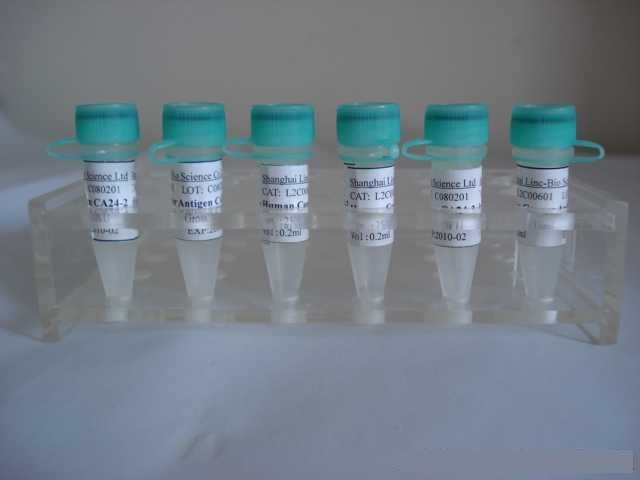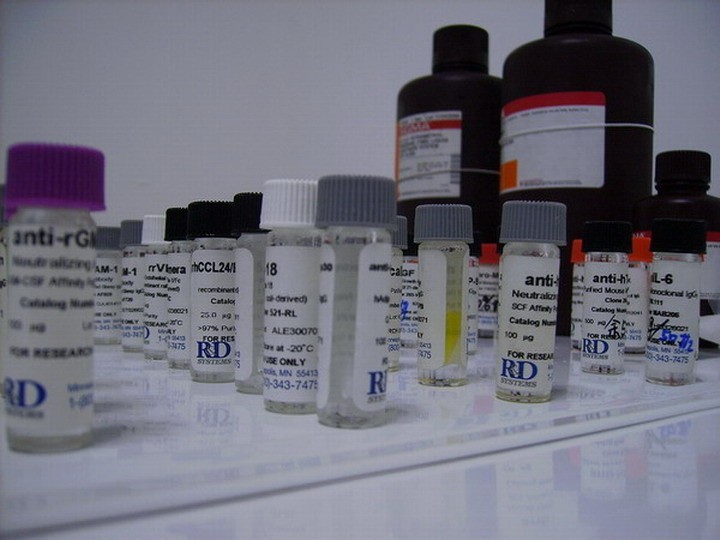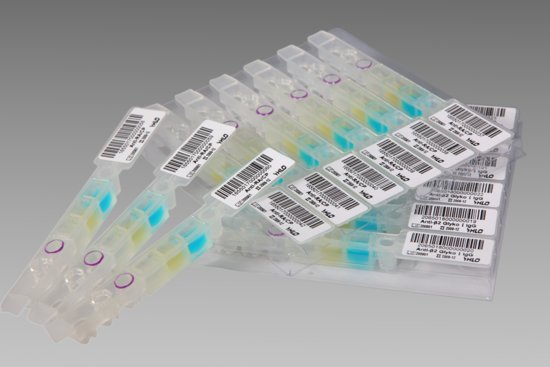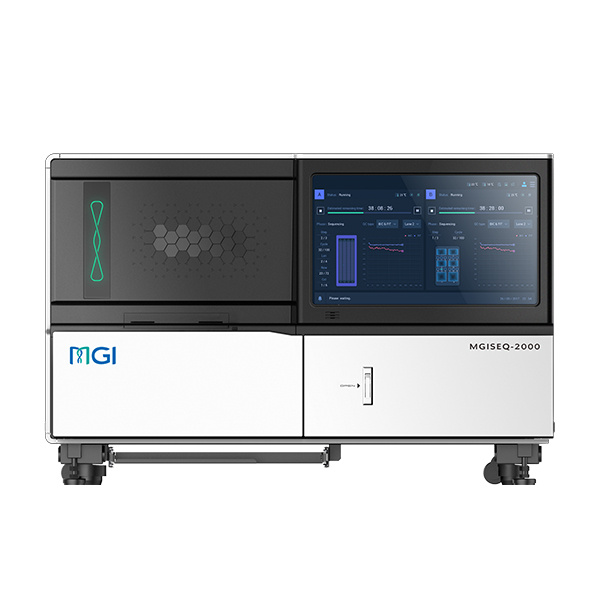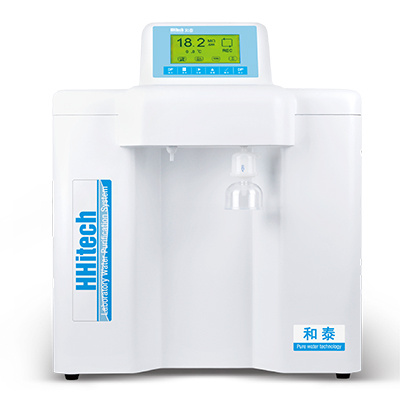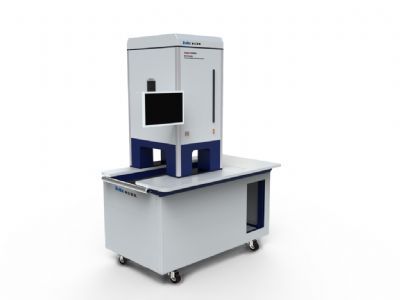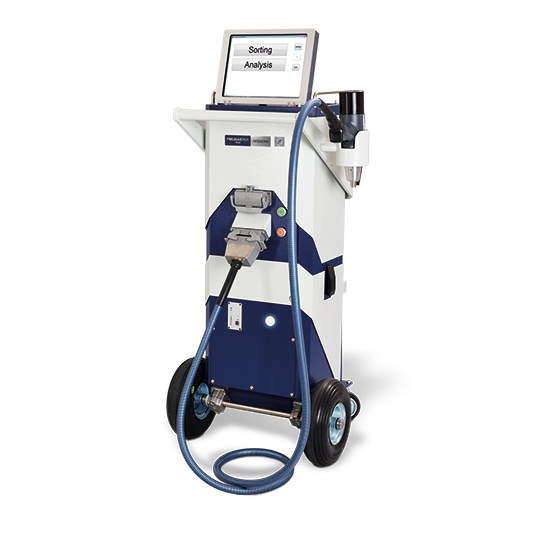规 格 0.2ml/200μg
抗体来源 Rabbit
克隆类型 polyclonal
交叉反应 Human
产品类型 一抗
研究领域 细胞生物 发育生物学 信号转导 干细胞
蛋白分子量 predicted molecular weight: 45kDa
性 状 Lyophilized or Liquid
免 疫 原 KLH conjugated synthetic peptide derived from human DUX4
亚 型 IgG
纯化方法 affinity purified by Protein A
储 存 液 Preservative: 15mM Sodium Azide, Constituents: 1% BSA, 0.01M PBS, pH 7.4
产品应用 WB=1:100-500 ELISA=1:500-1000 IHC-P=1:100-500 IHC-F=1:100-500 ICC=1:100-500 IF=1:100-500
(石蜡切片需做抗原修复)
not yet tested in other applications.
optimal dilutions/concentrations should be determined by the end user.
保存条件 Store at -20 °C for one year. Avoid repeated freeze/thaw cycles. The lyophilized antibody is stable at room temperature for at least one month and for greater than a year when kept at -20°C. When reconstituted in sterile pH 7.4 0.01M PBS or diluent of antibody the antibody is stable for at least two weeks at 2-4 °C.
Important Note This product as supplied is intended for research use only, not for use in human, therapeutic or diagnostic applications.
双同源框蛋白4抗体产品介绍 DUX4 is a homeodomain protein with a similar protein sequence to Pax3 and Pax7. Defects in DUX4 may be the cause of facioscapulohumeral muscular dystrophy (FSHD). FSHD is characterized by weakness of the muscles of the face, upper-arm and shoulder girdle. Severity is highly variable. Weakness is slowly progressive and about 20% of affected individuals eventually require a wheelchair. Approximately 70-90% of individuals have inherited the disease-causing deletion from a parent, and approximately 10-30% of affected individuals have FSHD as the result of a de novo deletion. Offsprings of an affected individual have a 50% chance of inheriting the deletion.
Function : May be involved in transcriptional regulation.
Subunit : May exist as a monomer or a dimer.
Subcellular Location : Nucleus. Note=Actively transported through the nuclear pore complex (NPC).
Tissue Specificity : Does not seem to be expressed in normal muscle, but in muscle of individuals with FSHD, where it may be toxic to cells.
DISEASE : Defects in DUX4 may be the cause of facioscapulohumeral muscular dystrophy (FSHD) [MIM:158900]. FSHD is characterized by weakness of the muscles of the face, upper-arm and shoulder girdle. Severity is highly variable. Weakness is slowly progressive and about 20% of affected individuals eventually require a wheelchair. Approximately 70-90% of individuals have inherited the disease-causing deletion from a parent, and approximately 10-30% of affected individuals have FSHD as the result of a de novo deletion. Offsprings of an affected individual have a 50% chance of inheriting the deletion.
Similarity : Belongs to the paired homeobox family.
Contains 2 homeobox DNA-binding domains.
Database links : UniProtKB/Swiss-Prot: Q9UBX2.2
![]()



